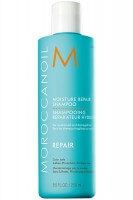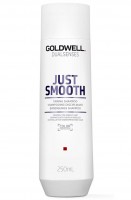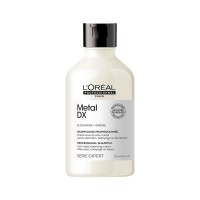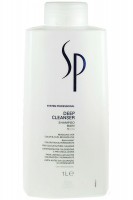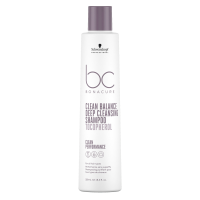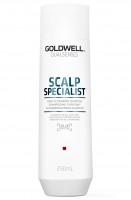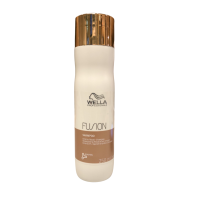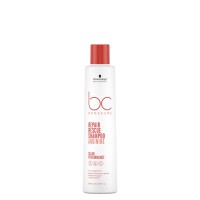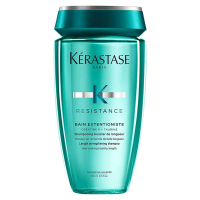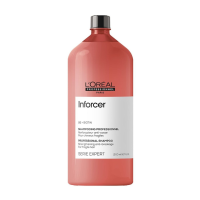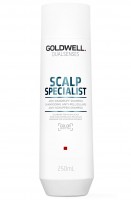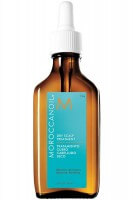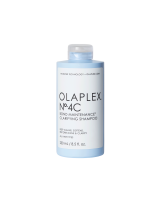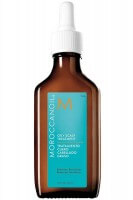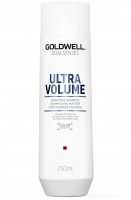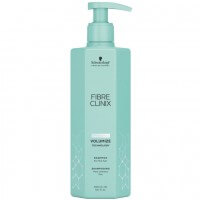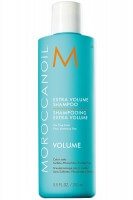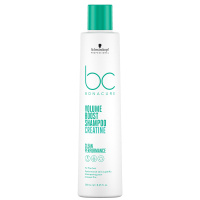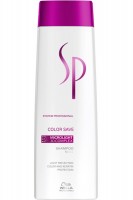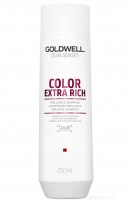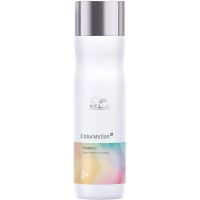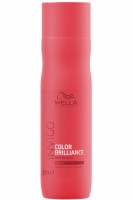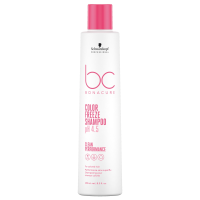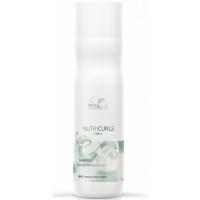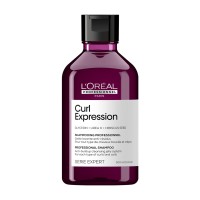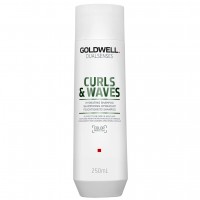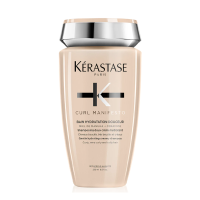How to choose the right shampoo for your hair type?
Shampoo 101: Understanding Your Hair Type and Choosing the Right Product
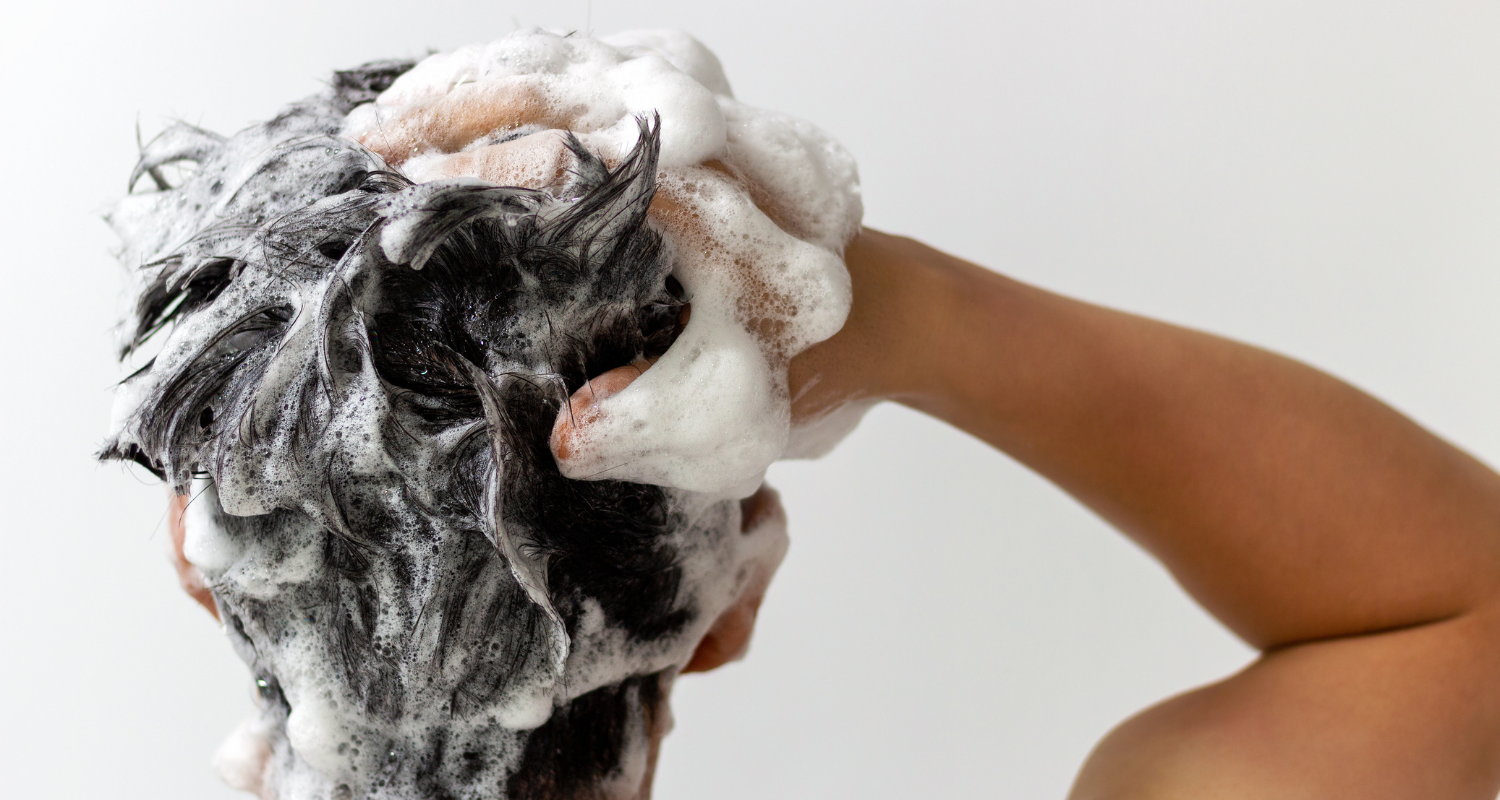
Introduction
In the world of hair care, understanding your hair type and choosing the right shampoo is crucial for maintaining healthy, vibrant locks. With countless products lining the shelves, it can be overwhelming trying to figure out how to choose the right shampoo for your unique hair needs. That's where this guide comes in! Our goal is to help you make an informed decision about shampooing, ensuring that you're using the right product for your specific hair type and addressing concerns such as dandruff, oily or dry scalp, and color-treated hair.
Shampoo is designed to remove product buildup, debris, and oil from your hair and scalp. Think of it this way: shampoo is for your scalp and roots, and conditioner is for your hair's ends. You ought to pick a shampoo that works best for your scalp and a conditioner based on how your ends are doing.
In this comprehensive Shampoo 101 guide, we'll explore different hair types, discuss the importance of selecting the appropriate shampoo, and offer expert tips for proper hair care. We'll also provide product recommendations for specific hair types and concerns. Get ready to unlock the secret to gorgeous, well-nourished hair.
Hair Types and Their Characteristics

Understanding the unique characteristics of your hair type is essential for proper care and maintenance. There are four main hair types: straight, wavy, curly, and coily. Each type exhibits distinct features in terms of thickness, texture, porosity, and density.
Thickness refers to the width of individual hair strands, while texture describes the feel of your hair (smooth or rough). Porosity refers to your hair's ability to absorb and retain moisture, which directly impacts how well it responds to products and treatments. Density, on the other hand, is the number of hair strands per square inch of scalp, which determines the overall volume and fullness of your hair.
Let's take a closer look at each hair type and its attributes.
Straight Hair
Straight hair lies flat from the roots to the tips and is typically shiny due to the natural oils that travel easily down the hair shaft. Characteristics of straight hair include:
Thickness: Can vary from fine to coarse
Texture: Smooth and sleek
Porosity: Low to medium (less porous than other hair types)
Density: Can range from thin to thick
Wavy Hair
Wavy hair has a natural, gentle S-shaped pattern and is prone to frizz. Characteristics of wavy hair include:
Thickness: Medium to coarse
Texture: Slightly rougher than straight hair
Porosity: Medium (more porous than straight hair)
Density: Can range from thin to thick
Curly Hair
Curly hair has a well-defined spiral or curl pattern and is more prone to dryness and frizz. Characteristics of curly hair include:
Thickness: Medium to coarse
Texture: Coarser than wavy hair
Porosity: High (more porous than wavy hair)
Density: Can range from thin to thick
Coily Hair
Coily hair, also known as kinky hair, has tight, small curls or zigzag patterns and is the most fragile of all hair types. Characteristics of coily hair include:
Thickness: Fine to medium
Texture: Coarse and wiry
Porosity: Very high (most porous of all hair types)
Density: Can range from thin to thick
By identifying your hair type and its specific characteristics, you'll be better equipped to select the right shampoo and hair care products that cater to your hair's unique needs.
Importance of Choosing the Right Shampoo for Your Hair Type and Scalp Health

Selecting the right shampoo for your hair type is crucial for maintaining the overall health and appearance of your locks. It's essential to consider the importance of scalp health and understand the different hair types and scalp conditions to make an informed choice. Using the wrong shampoo can not only damage your hair, but also cause various scalp issues. Here's why choosing the right shampoo is essential:
Hair Damage
Using a shampoo that isn't suited to your hair type can strip it of its natural oils, leading to dryness, brittleness, and breakage. For instance, if you have dry or curly hair and use a shampoo formulated for oily hair, it may be too harsh and further strip your hair of its much-needed moisture. Understanding different hair types and scalp conditions will allow you to select the most appropriate shampoo for your unique needs.
Scalp Health
The wrong shampoo can also lead to a range of scalp problems, such as itchiness, dandruff, or even irritation and inflammation. A shampoo that doesn't address your specific scalp needs may disrupt the delicate balance of oils and moisture, ultimately causing discomfort and potential long-term issues. Therefore, recognizing the importance of scalp health and choosing a shampoo that caters to your specific scalp condition is vital for maintaining a healthy scalp environment.
Benefits of the Right Shampoo
Choosing the right shampoo offers numerous benefits, including:
Healthy Hair: The proper shampoo will cleanse your hair without stripping it of essential oils, preserving its natural shine and vitality.
Reduced Hair Breakage: A shampoo designed for your hair type will help strengthen and protect your strands, reducing the risk of breakage and promoting overall hair health.
Scalp Health: A well-suited shampoo will address your specific scalp needs, maintaining a balanced environment and preventing issues such as dandruff or irritation.
Considerations When Choosing the Right Shampoo
It's important to understand the different hair types and scalp conditions when selecting the right shampoo for your needs. Some factors to consider include:
Hair Type: Is your hair oily, dry, or a combination? Understanding your hair type will help you select a shampoo that meets its specific requirements.
Scalp Condition: Consider any existing scalp issues, such as dandruff, itchiness, or sensitivity, and choose a shampoo that targets these concerns.
Hair Texture: Curly, straight, or wavy hair may require different types of shampoos to optimize their appearance and health.
Hair Concerns: If you have color-treated or chemically processed hair, select a shampoo that is specifically formulated to protect and nourish your strands.
In summary, choosing the right shampoo is essential for the long-term health and appearance of your hair and scalp. By selecting a product that aligns with your hair type, texture, and scalp needs, you'll enjoy lustrous, strong, and healthy hair. Understanding the importance of scalp health and the different hair types and scalp conditions will enable you to make informed choices, ensuring that your hair remains vibrant and beautiful.
Factors to Consider When Choosing a Shampoo
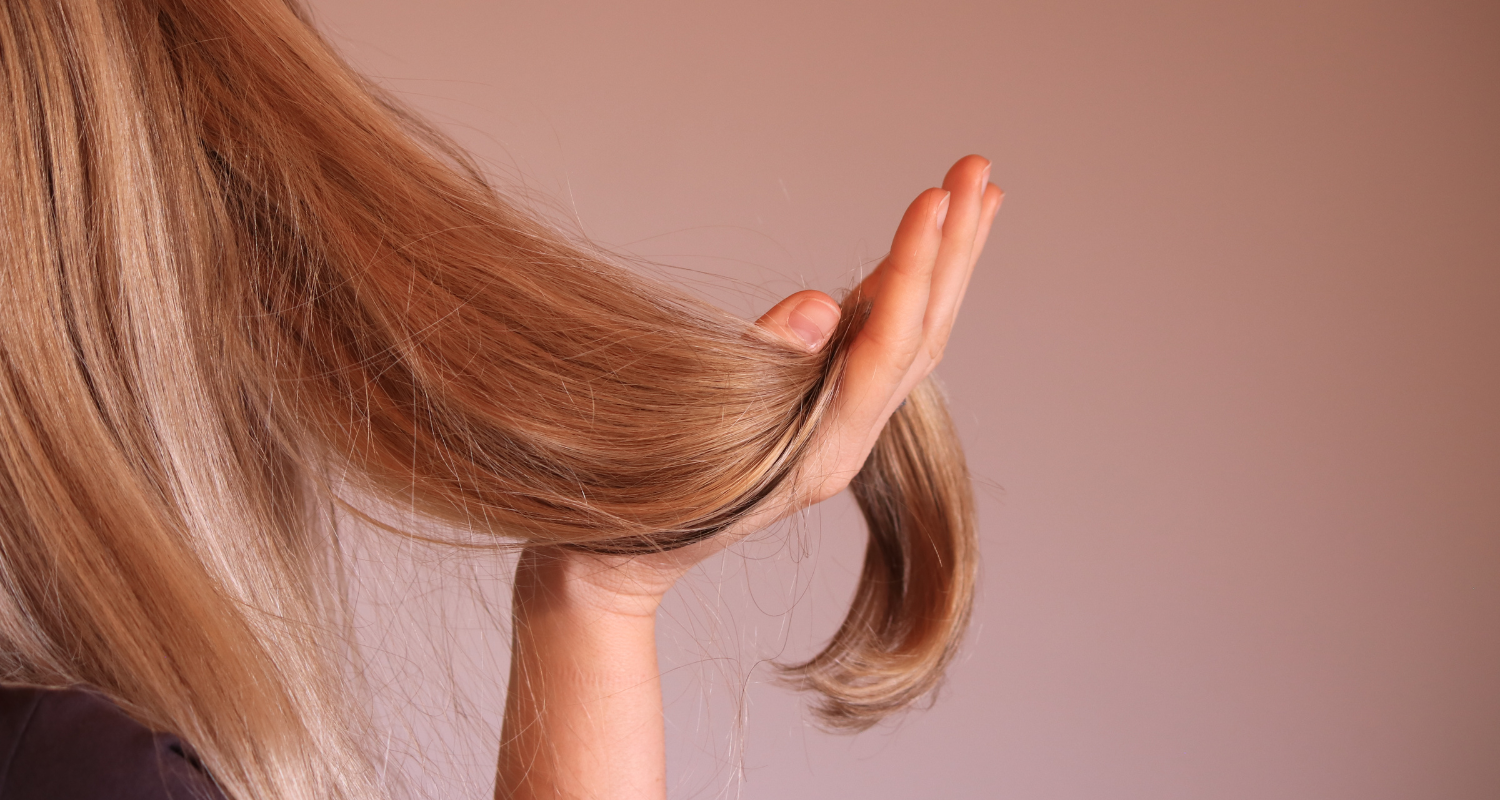
Selecting the perfect shampoo for your hair can be a daunting task, given the myriad of options available. To make the process easier, consider the following factors when choosing a shampoo:
Hair Type
As mentioned earlier, your hair type plays a significant role in determining the right shampoo. Look for products specifically formulated for your hair type – straight, wavy, curly, or coily – to ensure that your shampoo addresses your hair's unique needs.
Scalp Condition
Your scalp's condition is another crucial factor to consider. If you have an oily scalp, opt for a shampoo that can effectively cleanse and remove excess oil without over-drying. For dry or sensitive scalps, choose a gentle, hydrating shampoo that soothes irritation and adds moisture.
Product Ingredients
Pay attention to the ingredients in your shampoo, as certain components can be harmful or beneficial, depending on your hair type and needs. For example, sulfate-free shampoos are ideal for color-treated or curly hair, as they're less likely to strip color or natural oils. On the other hand, those with fine or oily hair may benefit from shampoos containing sulfates for a more thorough cleanse.
Specific Hair Concerns
Tailor your shampoo choice to address any particular hair concerns you may have. For instance, if you're dealing with dandruff, opt for a shampoo containing active ingredients like zinc pyrithione or salicylic acid to combat flakes and soothe the scalp. If your primary concern is hair loss or thinning, look for shampoos with ingredients that stimulate hair growth and reduce breakage, such as caffeine or biotin.
By taking these factors into account when choosing a shampoo, you'll be better equipped to find the ideal product for your hair type, scalp condition, and specific hair concerns. Remember, investing in the right shampoo is the first step towards achieving healthy, gorgeous hair.
Explore the Different Types of Shampoos

Navigating the world of shampoos can be daunting, given the numerous options available. Below is an overview of the most common types of shampoos, each catering to specific hair types, concerns, or goals:
Standard Shampoos
Ideal for individuals without specific hair concerns, standard shampoos are gentle cleansers containing basic ingredients to clean hair without stripping away natural oils, hydration, or shine. These shampoos cater to dry, normal, or oily hair, providing a balanced cleansing experience for routine use.
Deep-Cleansing Shampoos
For those who frequently use styling products, deep-cleansing shampoos are essential. They effectively eliminate buildup from silicones, styling products, and conditioners. Although powerful, deep-cleansing shampoos can be harsh on hair; hence, it's crucial to use them sparingly and follow up with a conditioner.
Strengthening Shampoos
Specifically formulated for long or damaged hair, strengthening shampoos gently cleanse hair while enhancing shine. These products restore hair's pH balance and repair damage, resulting in less frizz and stronger, healthier hair.
Scalp-Centric Shampoos
Targeting dandruff-prone hair, scalp-centric shampoos emphasize scalp health through cleansing, soothing, and antimicrobial properties. Common botanical ingredients include dandelion, willow bark extract, and tea tree oil.
Oil-Absorbing Shampoos
Unlike traditional shampoos, oil-absorbing shampoos don't clean hair or scalp. Instead, they absorb excess oils in liquid, powder, or aerosol spray forms. Ideal for in-between wash days, these shampoos should be used in moderation to avoid buildup and negative effects on hair and scalp.
Hydrating Shampoos
Ideal for addressing dry or weak hair, hydrating shampoos restore moisture to the scalp and strengthen hair. Suitable for various hair types, these shampoos are not recommended for individuals with oily hair.
Volumizing Shampoos
Designed for fine, thin hair, volumizing shampoos utilize lightweight formulas to avoid weighing hair down. By opening hair cuticles and promoting growth, these products often contain keratin protein to strengthen strands from roots to ends.
Color-Protecting Shampoos
Color-treated hair often experiences dryness, fading, and moisture loss. Color-protecting shampoos contain ingredients that preserve hair color, promoting hydration, health, and damage protection.
Shampoos for Curly Hair
Curly hair requires specialized care due to its naturally dry and frizzy nature. Shampoos for curly hair use ultra-hydrating ingredients to gently cleanse hair, leaving it smooth and shiny.
Shampoo Recommendations for Different Hair Types
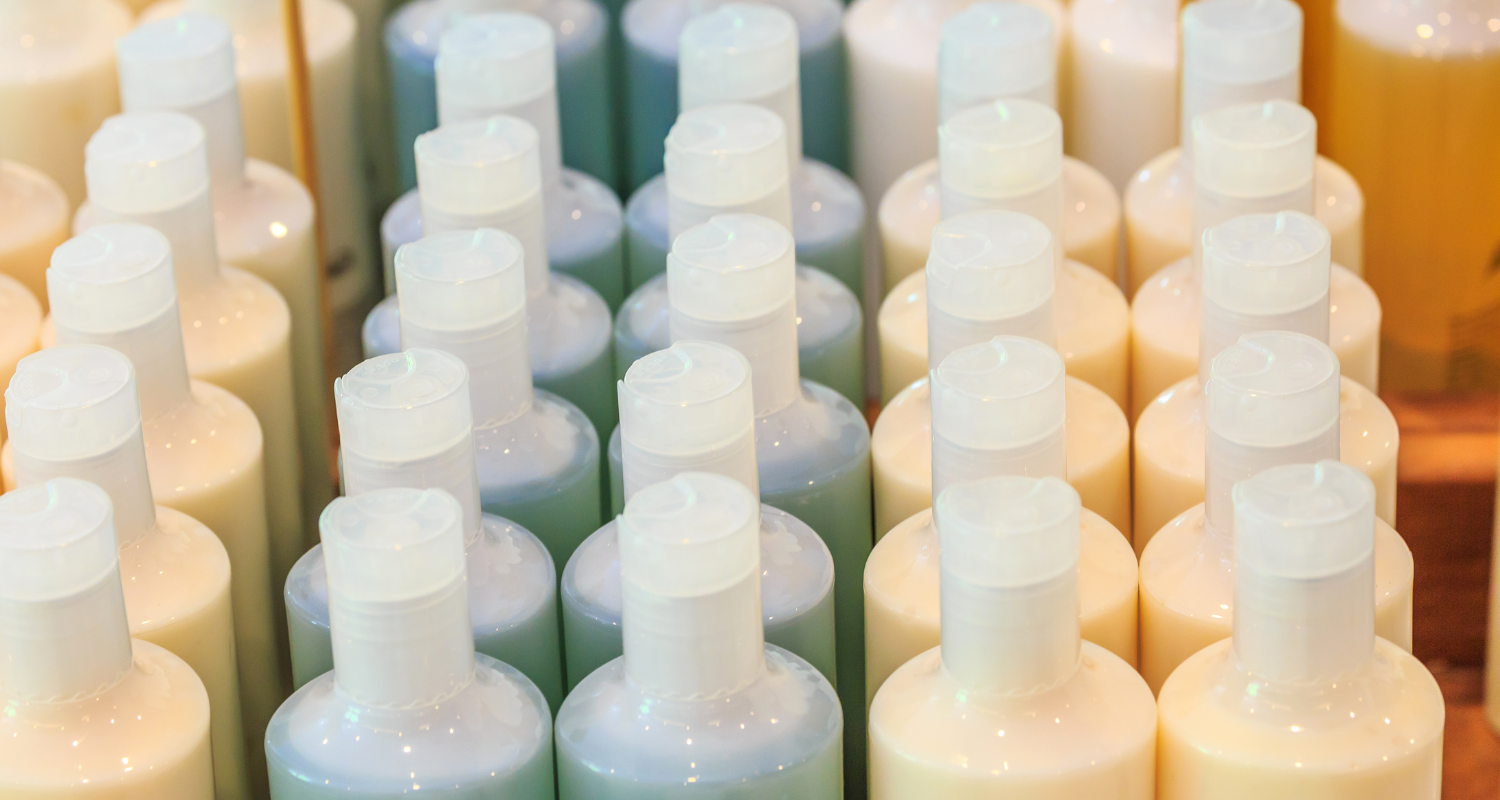
Finding the perfect shampoo for your hair type can make a world of difference in your hair's health and appearance. Here are some shampoo recommendations for each hair type, along with a brief description of what the shampoo should provide, what to avoid, and the benefits and key ingredients of our recommendations:
Straight Hair:
Straight hair requires a shampoo that gently cleanses without causing dryness or weighing the hair down. Avoid harsh sulfates that can strip the hair's natural oils.
Recommendation: Wella Professionals INVIGO Volume Boost Shampoo
Description: A lightweight, sulfate-free shampoo that cleanses, adds volume, and enhances shine for straight hair.
Benefits: Lightweight, boosts volume, smooths, and enhances shine
Key Ingredients: Cotton extract, spring force polymers, and gentle surfactants
Wavy Hair:
Wavy hair needs a shampoo that enhances its natural texture without stripping essential moisture. Avoid heavy formulas that can weigh down the hair.
Recommendation: Schwarzkopf Professional Mad About Waves Sulfate-Free Cleanser
Description: A lightweight, sulfate-free shampoo designed to enhance wavy hair's natural texture while maintaining its moisture balance.
Benefits: Boosts waves, adds volume, and maintains hair's natural moisture balance
Key Ingredients: Aquarine Complex, sugar surfactants, and mild coconut-derived cleansers
Curly Hair:
Curly hair requires a shampoo that gently cleanses while maintaining natural oils and moisture. Avoid sulfates that can dry out the hair and cause frizz.
Recommendation: Moroccanoil Curl Enhancing Shampoo
Description: A sulfate-free, non-lathering shampoo that gently cleanses curly hair while maintaining its natural oils and moisture.
Benefits: Hydrates, reduces frizz, and enhances curl definition
Key Ingredients: Argan oil, hydrolyzed vegetable protein, and Abyssinian oil
Coily Hair:
Coily hair needs a deeply hydrating shampoo that nourishes and restores moisture without causing buildup. Avoid harsh sulfates that can strip the hair's natural oils.
Recommendation: L'Oréal Paris EverPure Moisture Shampoo
Description: A deeply hydrating, sulfate-free shampoo that nourishes and restores moisture to coily hair.
Benefits: Moisturizes, strengthens, and promotes hair elasticity
Key Ingredients: Rosemary leaf extract, coconut-derived cleansers, and a blend of essential oils
While these recommendations are tailored to specific hair types, it's essential to consider your unique hair concerns and scalp condition as well. Avoid harsh ingredients like sulfates and silicones for curly and coily hair, as they can strip natural oils and cause buildup. For color-treated hair, look for shampoos labeled as "color-safe" or "sulfate-free" to preserve your color and prevent fading.
Remember, finding the right shampoo is crucial for maintaining the health and beauty of your hair. Take the time to understand your hair type and specific needs to make the best choice for your locks.
Tips for Proper Shampooing Technique
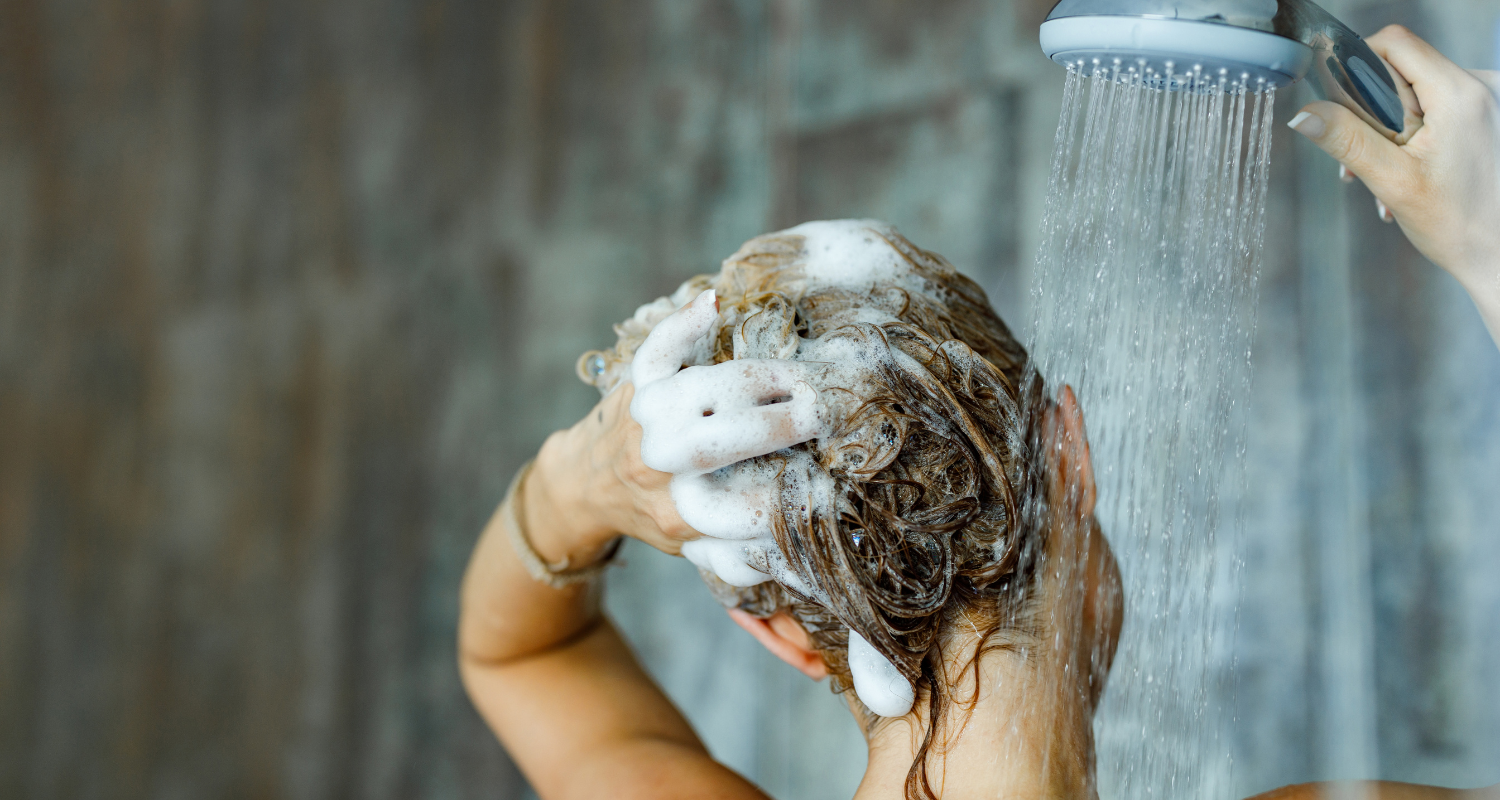
Even with the perfect shampoo for your hair type, using the right shampooing technique is essential for achieving optimal results. Here are some tips for proper shampooing that will ensure your hair remains healthy and vibrant:
Wetting Hair
Start by thoroughly wetting your hair with lukewarm water. This helps open the hair cuticles, allowing the shampoo to penetrate and effectively cleanse your hair and scalp.
Applying Shampoo
Use the right amount of shampoo based on your hair length and thickness. A general rule of thumb is to use a quarter-sized dollop for short to medium-length hair and slightly more for long hair. Distribute the shampoo evenly between your palms before applying it to your scalp.
Massaging Scalp
Gently massage the shampoo into your scalp using your fingertips, making sure to cover all areas. Focus on the scalp rather than the hair shaft, as the natural oils from your scalp will cleanse the lengths of your hair as you rinse. Be careful not to use your nails, as this can cause irritation and damage to the scalp.
Rinsing Thoroughly
Rinse your hair with lukewarm water, ensuring that all shampoo is removed. Residual shampoo can cause buildup and weigh your hair down. As you rinse, the water will help carry the shampoo down the hair shaft, effectively cleansing the entire length of your hair.
Following Up with Conditioner
After rinsing out the shampoo, apply a conditioner suited for your hair type to the mid-lengths and ends of your hair. This helps restore moisture, detangle, and provide additional nourishment to your hair. Leave the conditioner on for a few minutes before rinsing thoroughly with cool water to seal the hair cuticles and lock in moisture.
It's essential to avoid over-washing your hair, as doing so can strip your hair of its natural oils, leading to dryness and potential damage. Most people can wash their hair every 2-3 days, while those with curly or coily hair may be able to go even longer between washes.
By following these proper shampooing techniques, you'll ensure your hair stays clean, healthy, and vibrant, while minimizing the risk of damage and breakage.
Key Takeaways
In this comprehensive Shampoo 101 guide, we've explored the importance of understanding your hair type and selecting the right product for your unique hair care needs. By identifying your hair's characteristics, such as thickness, texture, porosity, and density, you'll be better equipped to choose the perfect shampoo that caters to your hair's specific requirements. We've also discussed the factors to consider when selecting a shampoo, including hair type, scalp condition, product ingredients, and specific hair concerns, as well as provided shampoo recommendations for different hair types.
Proper shampooing technique plays a vital role in maintaining healthy and vibrant hair. By following the tips we've shared, you can ensure that your hair stays clean, nourished, and strong. Remember, investing time in understanding your hair type and making an informed decision when choosing a shampoo is the first step towards achieving beautiful, well-nourished hair.
We'd love to hear about your experiences in finding the right shampoo for your hair type or any questions you might have. Feel free to share your thoughts and join the conversation in the comments section below. Here's to a lifetime of fabulous hair care!



